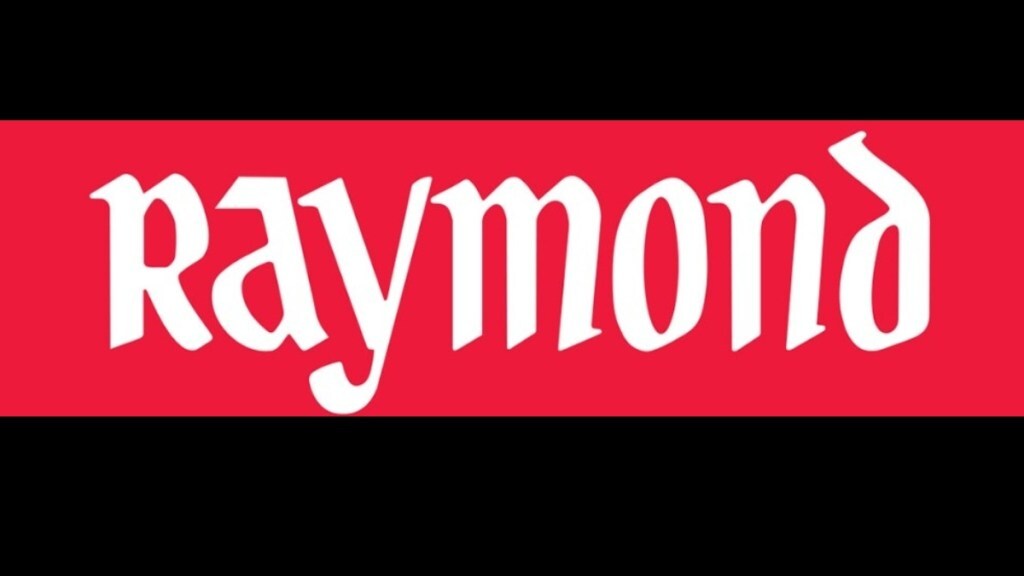In a media interview a couple of years ago, Gautam Hari Singhania vowed to “do everything in the world” to keep Raymond firewalled from his internal family politics. The reference was to the never-ending acrimony with his father Vijaypat. Raymond’s 58-year-old chairman and managing director is no stranger to what he preferred to call “internal family politics.” There was a very public estrangement with his elder brother Madhupati, then a fellow board member, in 1998. Then in 2015, his father accused him of throwing him out of the family house after he transferred his entire stake to his younger son. The spat continues till date. These skirmishes, however, did not cause much damage to the Raymond stock, mainly because there was clarity on management control at the company. However, the “firewall” that Singhania talked about is nowhere in sight after the latest family dispute—this time with his wife Nawaj Modi Singhania.
There are three reasons why this is so. One, the stock has taken a huge beating—it has slumped 18% since the dispute became public, as jittery shareholders have been exiting the stock fearing turmoil at the top. The second reason why this dispute is significant for Raymond is the uncertainty over how much of the family wealth Nawaj eventually demands in the wake of the separation. She has reportedly sought 75% of the wealth for herself and her two daughters. This is important, as a bulk of Singhania’s wealth comes from the 49.11% stake he holds in Raymond. A swift settlement is therefore essential for the company’s future trajectory.
The third reason is the most important one, as it raises question marks over the company’s governance framework, with a potential to result in further destruction of shareholder wealth. Nawaj is also a board member at Raymond and has accused the CMD of physical assault. That is bad enough. What’s worse is her allegation that company funds were being used for Singhania’s personal benefit (CEO excesses)—and that she was acting as a whistle-blower of sorts. On his part, Singhania has understandably sought to downplay the family dispute by assuring the company’s staff that it would be “smooth functioning” and “business as usual” at India’s largest woollen fabric manufacturer. Stock markets were however not convinced (the stock fell nearly 2% even in a rising market on Wednesday) even though he said last week that he was steadfast to create and deliver value to all his shareholders.
The best course of action left for Raymond would be to follow the eminently sensible suggestions put forward by proxy advisory firm Institutional Investor Advisory Services (IiAS). The independent directors of the company should break their silence and conduct an impartial investigation into the allegations. For the duration of the investigation, they should appoint an interim CEO and consider asking both husband and wife to take time off from their responsibilities as board members. In short, the independent directors should not remain mute spectators to a family fight potentially destabilising a publicly listed and traded company. They are entrusted with the responsibility of being the eyes and ears of investors as they are expected to balance the interests of the management and its shareholders in letter and in spirit. The role of independent directors is clearly defined, yet many of them feel they play a cameo role in a company, often failing to red flag governance lapses that eventually compromise minority shareholders’ interests. Raymond will, hopefully, be an exception.


